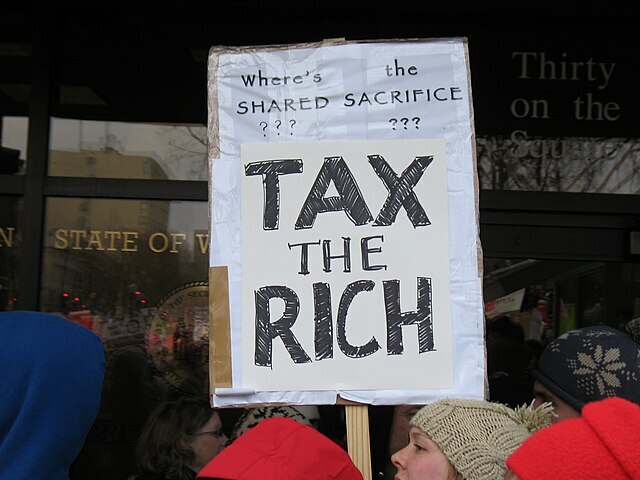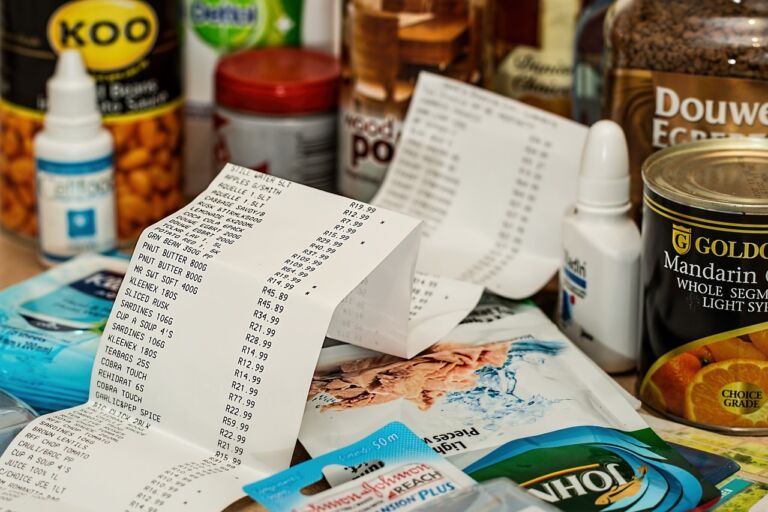Last week, eight counties across North Carolina voted on whether to raise sales taxes by a quarter-cent. According to a story written by Kari Travis in Carolina Journal:
Voters in Bertie, Chatham, Forsyth, and Madison counties said “yes” to tax hikes. Voters in Alamance, Stokes, Washington, and Wayne counties said “no.”
That is a 50 percent passage rate – double the 25 percent passage rate sale tax referenda have had over the past eight years (20 of the 79 sales tax hikes proposed since 2012). The likely reason the passage rate was so high is that it was held during a Democratic presidential primary. Travis quotes JLF’s Joe Coletti:
To boost the odds of passing a tax proposal, county leaders cherry pick elections based upon voter turnout and political dynamics, Coletti said. It’s not coincidental that tax votes weren’t held during the 2012 primary — when Democrats stayed home and Republicans swarmed the polls to elect a Republican presidential candidate. This year, with a Republican in the White House and an open field of candidates from the opposition party, more Democrats voted while more Republicans stayed home. Those Democrats are more likely to favor tax increases, Coletti said.
Some counties did not appear to go out of their way either to let their electorate know these referenda were being held, either. Travis writes:
Of this year’s tax referendums, four counties held elections about which the N.C. Association of County Commissioners knew nothing. In Washington County, where 51% of voters nixed a sales tax increase, no information about that proposal appeared on the county’s website. That county already collects $7.9 million in sales tax, Coletti said.
When voter turnout is low, tax referenda are more likely to pass. That is why a few years ago, the General Assembly voted to block counties from holding elections that would nearly ensure low voter turnout. Travis writes:
Counties face few rules when it comes to scheduling tax votes. In 2013 and 2014, the General Assembly passed legislation blocking counties from holding referendums on days other than primary or general elections in even-numbered years — with just a few exceptions.
Before that law was enacted, counties were prone to randomly schedule votes — like when Alexander County sprung a Jan. 8, 2008, referendum on its residents, Coletti said. While that maneuver is illegal now, there’s still room to game the system.
Coletti recommends only holding these important referenda during statewide elections on even years. If these sales taxes hikes pass, it should be because citizens genuinely want them, not because of the date the county commissioners scheduled the vote.
Read the full piece here. Learn more about the sales tax and sales tax referenda in North Carolina here.


